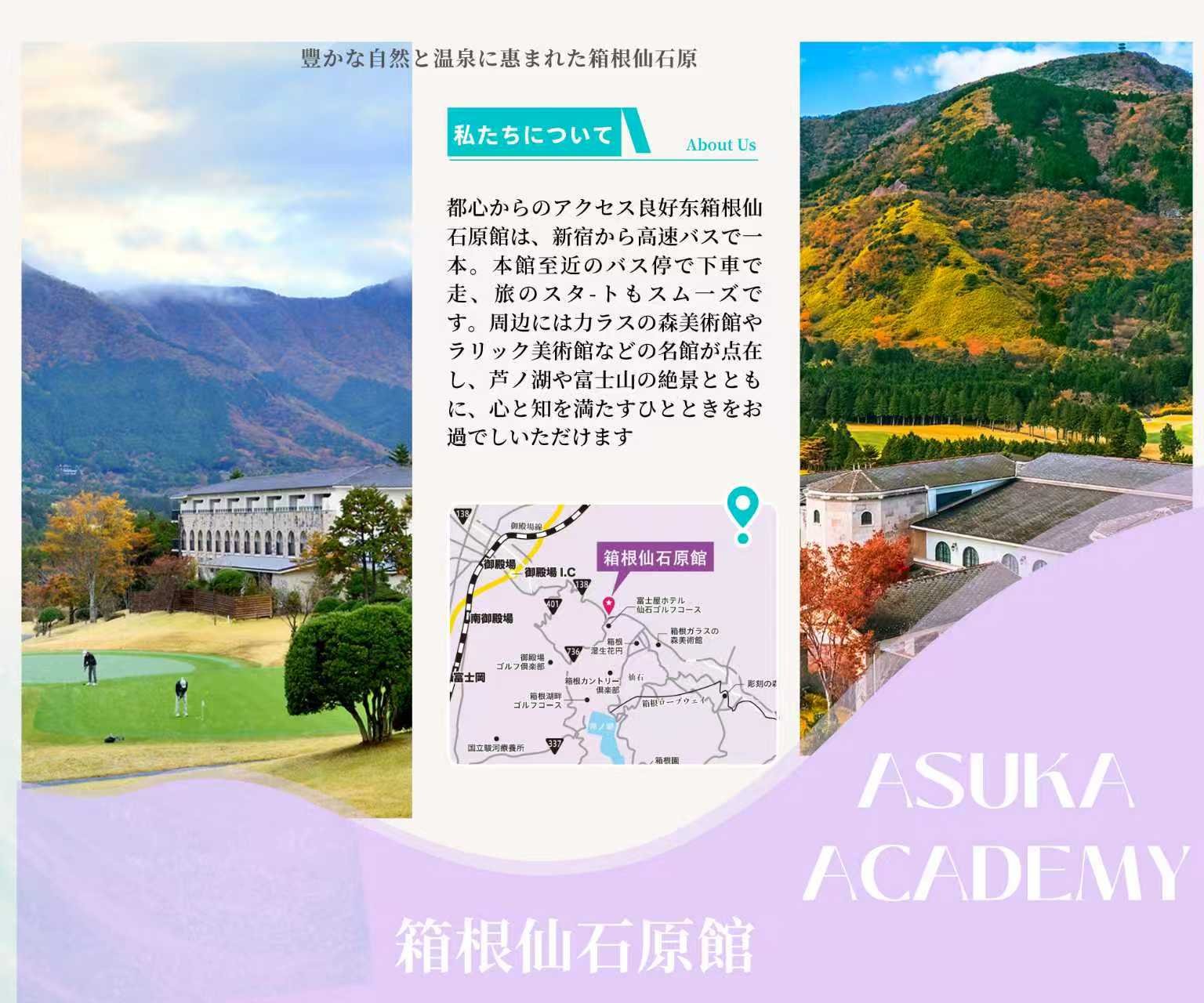On February 8 of this year, General Secretary Xi Jinping emphasized during a work report from the Jilin Provincial Party Committee and Government that Jilin must deeply implement the strategic deployment of the CPC Central Committee to promote comprehensive revitalization of Northeast China in the new era. He urged the province to play a more prominent role in the construction of Chinese-style modernization and to lead the way in Jilin’s revitalization and development.
Amid the synchrony of the two major national strategies—comprehensive revitalization of Northeast China and the development of the Guangdong-Hong Kong-Macao Greater Bay Area—Jilin Province, located at the geographic center of Northeast Asia, is carving out a new coordinate position with a unique posture of “opening northward” and “connecting southward to the Greater Bay Area.”
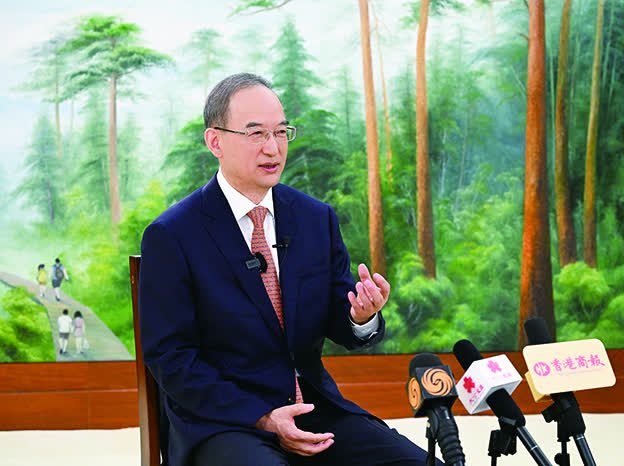
As a hub linking Northeast Asia and the Greater Bay Area, Jilin boasts both land ports opening northward and a longstanding foundation of cooperation with Hong Kong and Macao. From “Made in Jilin” railcars running in Hong Kong’s MTR for 17 years, to Changbai Mountain ginseng popular in the Hong Kong and Macao markets, cooperation has flourished. During his visit to Hong Kong leading a delegation to promote Jilin-Hong Kong-Macao economic and trade exchange and Jilin ginseng, Huang Qiang vividly outlined a development blueprint with seven key phrases that “break the mold”: “Geographic distance cannot hinder our exchanges and cooperation” illustrates Jilin’s open-mindedness, while “How many more kinds of magic does low-key Jilin hold?” probes its development potential. This strategic handshake between North and South is transforming the resource advantages of the Northeast Asian heartland into dynamic forces for national openness.
“Geographic distance cannot hinder our exchanges and cooperation”
Zhu Dingwen, a male short-track speed skater from Hong Kong, has recently gained fame due to the striking contrast between his fluent Northeastern Chinese accent and his local Hong Kong identity.
Since Hong Kong lacks a standard ice rink, Zhu joined many other athletes in 2014 in moving to Changchun to train with the Jilin short-track speed skating team. Spending more than half of each year in Northeast China, he eventually picked up a standard Northeastern accent.
A netizen joked: “Judging by the accent, it only takes 30 minutes to get from Hong Kong to Jilin.”
While said in jest, it reflects the cultural closeness between Jilin and Hong Kong despite the distance.
As Huang Qiang remarked, “Geographic distance cannot hinder our exchanges and cooperation.”
Though located in the far north and south respectively—with Jilin cold and Hong Kong warm—the two are closely connected through the Belt and Road Initiative and the strategy to revitalize Northeast China.
Currently, 435 Hong Kong and Macao enterprises have invested in Jilin, including the Hong Kong and China Gas Company Limited, China Resources Group, Youngor (Hong Kong) Industrial Co., and Tian Lun Gas. These enterprises are not only business stars in Hong Kong but also key partners for Jilin Province.
Honghua Energy joined Changchun’s natural gas and clean energy sector in 2007 with an initial investment of 395 million yuan and has since invested 2.5 billion yuan.
Tian Lun Gas Group chose to invest in Jilin in 2011 and established its Northeast regional headquarters in Changchun. With the development of the Changchun metropolitan area, the company has expanded to manage gas pipeline projects in 11 cities and counties, employing 525 locals.
Beyond economic exchange, cooperation is thriving in culture, technology, and other areas.
“For example, the century-old Wong Sam Ching Ginseng Pharmacy in Hong Kong originates from the Qing Dynasty’s ‘Jilin Official Ginseng Bureau.’”
“Hong Kong’s first remote-sensing satellite, ‘HKUST-Xiongbin No.1,’ was launched with the participation of Jilin’s Changguang Satellite Technology Co.”
“Hong Kong is a major source of foreign investment in Jilin, contributing nearly one-third of all FDI to the province, ranking first.”
This shared understanding across geographical and cultural divides has become even clearer through Huang Qiang’s remarks. The ongoing economic and trade exchange and ginseng promotion event will deepen collaboration in winter sports, technological innovation, and traditional Chinese medicine. Physical distance cannot block mutual understanding—Jilin and Hong Kong will continue to write win-win stories in this new era of development.

“What Hong Kong and Macao have is what we need, and what they lack is what we have”
Tourism in Jilin hit new highs in 2024, with 922,900 inbound visitors—an increase of 122.9% year-on-year. Visitors from Hong Kong, Macao, and Taiwan surpassed 88,500, up 90.3%.
On Lunar New Year’s Day, skiers from around the world flocked to Beidahu Ski Resort in Jilin. Among them was Hong Kong tourist Wong Lai-sin, who skillfully maneuvered the slopes. “There were many Hong Kong people on my flight,” he said, “we came to enjoy skiing during the Spring Festival.”
Beidahu, Asia’s largest ski resort, sees southern tourists account for over 60% annually. English and Cantonese have become “second dialects” at the resort. Photographer Yuan Chunming quipped, “I’ve heard Cantonese so often, I can now say, ‘Am I handsome?’ in it.”
This popularity goes beyond winter tourism—it reflects broader Jilin-Hong Kong-Macao cooperation. Huang Qiang highlighted that Jilin-made products meet the needs of the Hong Kong market. CRRC Changchun has supplied 446 subway cars to the Hong Kong MTR over 17 years. “In summer, Hong Kong residents can come to Jilin to escape the heat; in winter, to enjoy the snow. What Hong Kong and Macao have, we need. What they lack, we have.”
“True understanding comes through frequent interaction,” he added. Jilin University is working with the Macau University of Science and Technology to build joint innovation platforms. “We look forward to the results transforming into real industries. We sincerely invite young talents from Hong Kong and Macao to come, stay, and thrive in Jilin.”
“How many kinds of magic does low-key Jilin still hold?”
As the new snow season unfolds, southern tourists affectionately call themselves “little potatoes” heading north. Many exclaim, “Low-key Jilin, how many kinds of magic do you still have?” Domestic and international tourists are captivated, and Jilin’s cultural tourism is going viral.
Jilin’s “magic” lies in every inch of its black soil and every snowflake.
This time, Jilin prepared two kinds of “magic” for the Hong Kong and Macao exchange—white (ice and snow economy) and black (black soil specialties).
At Zuodanli 159’s digital smart factory, robotic arms and AGVs handle intelligent sorting of processed agricultural goods, which are shipped nationwide. General Manager Zhang Zhenqi said their sales exceeded 6 billion yuan, taxes surpassed 1.6 billion, and over 4,500 farming households were supported.
Jilin is rich in fertile black soil and dense forests. Its “green Great Wall,” the Changbai Mountains, provides world-class powder snow, calm winds, sunshine, and rime in winter, and a summer refuge from heat. Its famed “Three Treasures of Changbai Mountain”—ginseng, mineral water, and Songhua inkstones—are widely acclaimed. The G331 highway connects stunning borderland views and historical sites that reflect Jilin’s unique charm.
“Jilin literally means ‘Auspicious Forest,’” Huang explained.
Its magic also lies in its culture. From Korean ethnic dance in Yanbian, to thousand-year-old winter fishing in Chagan Lake, to the quiet elegance of Rime Island and the powder snow of Lake Lili, every place is like a magical scene.
“Scarcity and uniqueness are the soul of tourism,” said Huang.
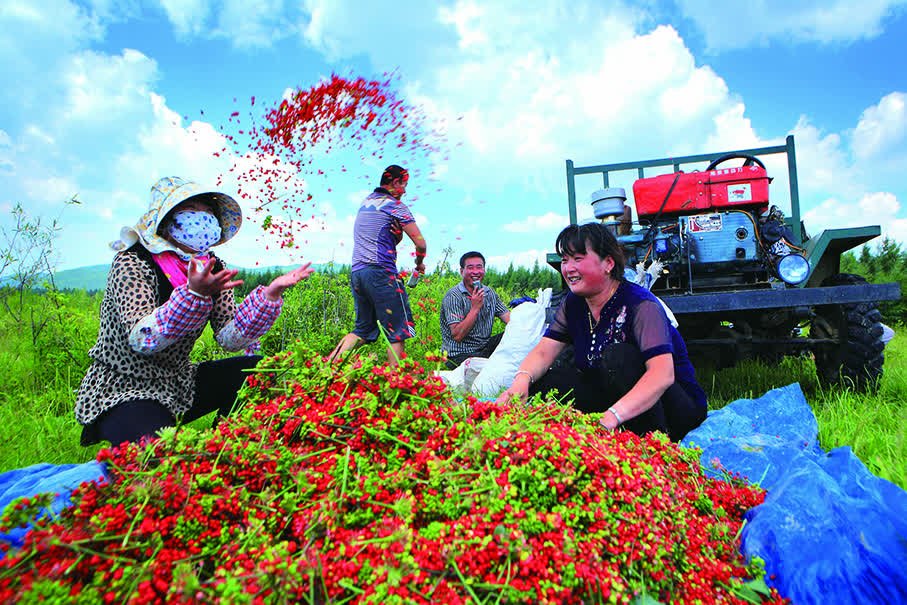
“Vast land cannot nurture narrow love”
One viral video featured a young tourist from Yunnan sharing her magical journey in Jilin—from steaming hot pot meals to crystalline rime, from exhilarating ski runs to the warmth of the locals. She concluded, “I often wonder what nurtures such pure-hearted people. The answer is that the Northeast’s vast land cannot produce narrow love.”
Jilin’s approach to development is built on sincerity. A netizen summed it up: “Vast land nurtures broad love.” The province’s passion for both ice and people is shaping a vibrant development story.
As Guangzhou tourist Zhang Ting wrote online: “The snow may be cold, but the people are warm.” Her words encapsulate Jilin’s thriving winter economy.
Behind this tourism boom lies Jilin’s inclusive spirit and investment in the snow economy. In the 2024–2025 season, 170 million visitors generated over 295 billion yuan in tourism revenue. In December 2024, 70% of visitors came from the south.
The phrase “ice and snow are also valuable assets” has taken root in Jilin.
“Jilin has many of the ‘firsts’ in New China”
“Jilin has many national firsts,” said Huang proudly.
The first automobile, aviation school, optical glass furnace, railway train, electromagnetic electron microscope, SLR camera, ruby laser, synthetic rubber, and fertilizer—all originated in Jilin. The Jiapigou Gold Mine in Huadian has a 200-year history and is known as “China’s first gold mine.”
Today,
FAW’s Hongqi Museum showcases the evolution of the “Red Flag” cars. In 2018, during the “Fan Changjiang Action—Jilin Visit,” Hong Kong student Cheng Qianchun was deeply moved: “I never knew the Red Flag car we know so well was born here—amazing!”
From red-flag cars on the ground to aerospace dreams in the sky, Jilin has achievements in aviation too. “Changchun’s Air Force Aviation University originated from the Northeast Aviation School, the PLA’s first. After the 1949 ‘Two Airlines’ Defection’ in Hong Kong, many personnel and resources came here,” said Huang. “During the Korean War, pilots trained for only hours before dogfighting elite U.S. pilots—remarkable. Astronauts Yang Liwei, Fei Junlong, Nie Haisheng, and Liu Yang all graduated from here.”
Jilin is also a cradle of New China’s film industry. Changchun Film Studio has produced over 3,600 films in 80 years. Jilin began collaborating with Hong Kong’s film industry in the 1960s, with classics like “Red Dust.” “The Changchun Film Festival is coming soon—we warmly welcome artists and compatriots from Hong Kong and Macao,” Huang invited.
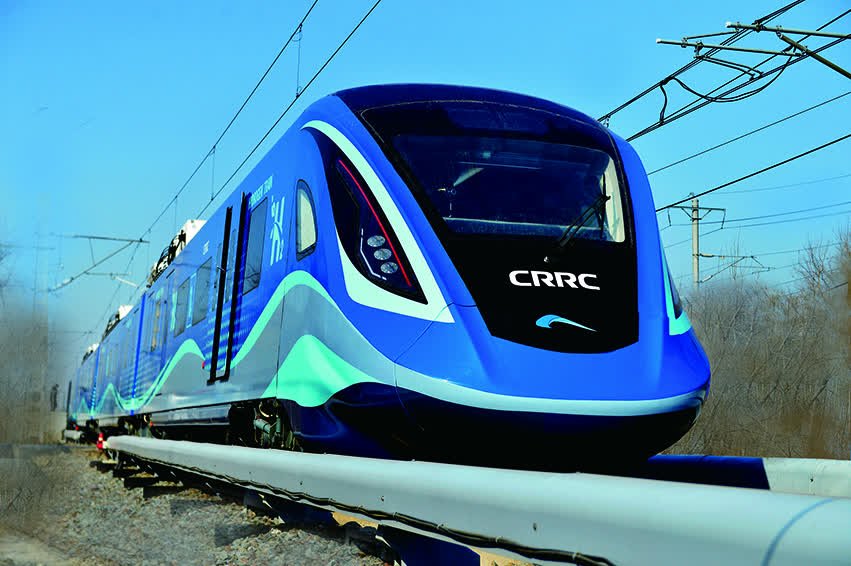
“Give historic buildings back to the people—turn them into cafés and use them for another hundred years”
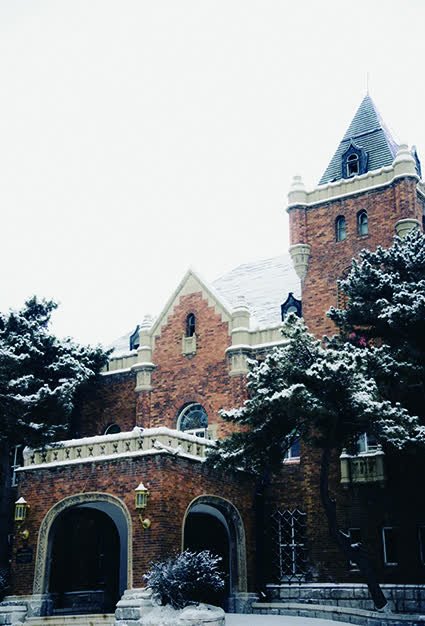
Since taking office, Huang Qiang has inspected historical preservation efforts more than 20 times. “We must balance preservation and development and never destroy authentic heritage in the name of progress.”
In this year, marking the 80th anniversary of the victory of the Chinese People’s War of Resistance Against Japanese Aggression and World War II, many of Jilin’s historic buildings are coming back to life.
One citizen, Sun Muxin, recalled sneaking peeks through construction fences to glimpse the old East Hongwanji Temple site. “Recently the fences were gone—it was so surprising to see it restored.”
Beijing Street is now bustling, Xinmin Street’s revival is imminent, Fengle Theater is under rapid restoration, and the old East Hongwanji site will become the “Fir Art Museum.”
At the former Kwantung Army Headquarters, residents can sip coffee in the sun and contemplate history. “Buildings can be silent or speak. Let’s return them to the people—turn them into public cafés where joy and education go hand in hand. Then use them for another hundred years,” Huang concluded.
“As Party Secretary, I focus on two things: high-quality development and common prosperity for all”
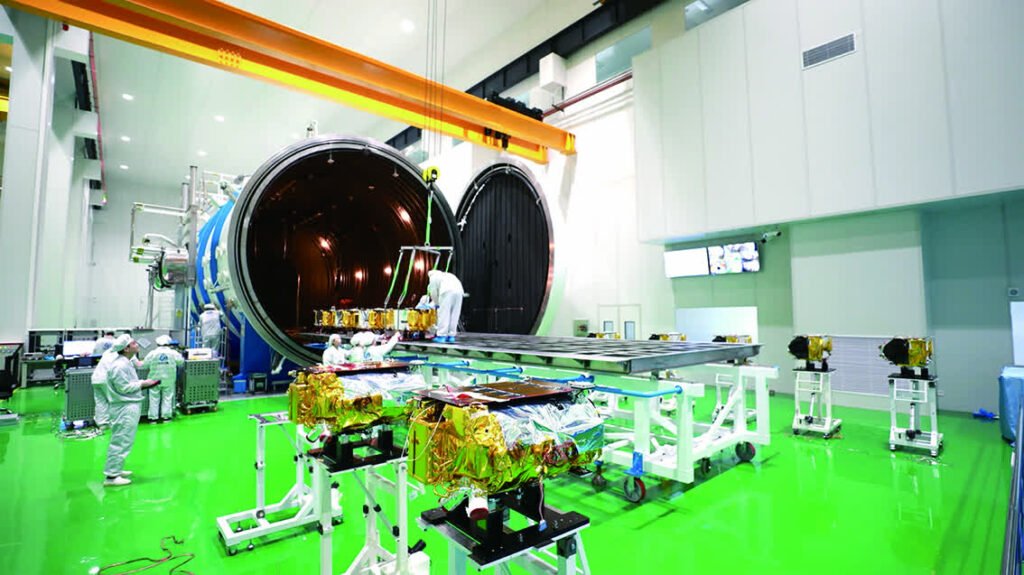
In 2025, Jilin has posted impressive results.
In Q1, it received 121 million domestic tourists.
Retail sales reached 108.84 billion yuan, up 4.8%—0.2 percentage points above the national average.
Industrial value-added grew 9.3%, 2.8 points above the national average.
Total agricultural output rose 4.6%, 0.9 points above the national average.
This trip to Hong Kong and Macao is a proactive step in aligning with national strategies and promoting key industries like “Jilin-branded” products and winter tourism.
“As Secretary of the CPC Jilin Provincial Committee, I focus on two things: achieving high-quality development and ensuring common prosperity for the people of Jilin,” said Huang before his departure—a testament to the province’s commitment to the national strategy and a clear roadmap for Jilin’s future.



